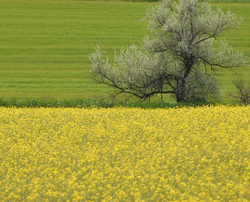 Saturday morning I walked over to the nearest City Car Share pod and began my first road trip in almost five years: an hour north to see Stephen Marshall, my contractor. Springtime in Northern California (yes, February is spring here) means fields of flowering mustard, seas of brilliant lemon yellow lapping against the dark bent trunks of live oaks. Rolling hills like the flanks of pale gold, short-haired beasts asleep in the sun. I'm listening to Silvio Rodriguez' CD Segunda Cita, marveling at the way Cuban singers can put political precision and big word into such heart-stirring poetry. Dijo Guevara el humano que ningún intelectual debe ser asalariado del pensamiento oficial. "Guevara the human said no intellectual should be on salary to official thinking." And he goes on to sing the horrors of an artificial self, of a head without a will of its own, of a conditional heart. Driving between the yellow fields of Sonoma County, contemplating my vocation, I sing with him. Dijo el Che legendario, como sembrando una flor, que al buen revolucionario solo le mueve e amor. "The legendary Che said, as if planting a flower, that the good revolutionary is only moved by love." To declare oneself a revolutionary in the time and place where I now live sounds pretentious. Like declaring oneself a saint. In his essay "In Defense of the Word" Uruguayan writer Eduardo Galeano writes about the assault on meaning, when "revolutionary" is used to describe the latest detergent, love is what one feels for a car, and happiness is the sensation of having eaten sausages. But I grew up in the decades of decolonization, in a house filled with the words of people for whom revolution wasn't about storming barricades, but about transforming societies to make them livable, joyous and just. "The task of the revolutionary," my father says, "is to change consciousness." To affect the way people think, so that they are able to imagine a different way of life and begin creating it. In that same essay Galeano writes, "What process of change can move a people that does not know who it is nor where it came from? If it does not know who it is, how can it know what it deserves to be?" As a teller of significant stories, with a deep sense of historical context, this is what I try to do--to change our sense of who we are, where we came from and what we deserve. The house I am building is a story; a story about what capitalism does to living cells, about the catastrophic rise in cancer rates and the murder of bees, the wildfire sterility of GMO pollen and the permanent states of inflammation so many of us suffer from. The steel shell my contractor is designing and pricing, is a poem about immunity, about constructing a habitat that allows my overburdened defenses to rest. And because this sleek, metal poem challenges the story that "progress" has made us safe, that "the market" protects us, that the practices of modern science are objective, pure and benign, because it alters consciousness about what has happened to us, what we deserve, it is revolutionary work.
1 Comment
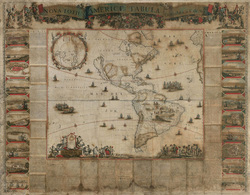 I have learned over long, hard decades, the power of a personal story deeply embedded in context. What I am setting out to do is to tell the story of my body, my aging, ailing, female, Caribbean Jewish, immigrant, disabled, queer, art-making, epileptic, childbirth-scarred body—and to deepen that story with history and widen it with ecology and global vision, until in encompasses everything I am burning to write and speak and make art about. And the vision of what I want to do has changed the shape of the house, the strategy for funding it, the network of collaborators I’m building, and what I dream about at night. But most of all, it’s given me back that sense of anticipation, of knowing that I’m living inside an epic tale of adventure, where messages and teachers are everywhere, and neither time, nor effort, nor any experience at all, is ever wasted. This time, though, I’m not setting out alone. At fifty-seven, I exist in a rich, dense mat of relationships, able to chart a course in which adventure co-exists with planning, where amidst the magic of happenstance, messages can also be asked for, and teachers encountered by design. The encounters I am planning for are with people whose passions overlap with mine, with organizations that can make good use of my brief presence, with archivists and librarians who can put their fingertips on things I need to know, and also with landscapes, from the closest we have to pristine, to those as scarred and ailing as the sickest among us. 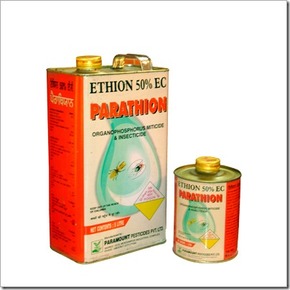 It is both shocking and unsurprising that in the thirty-three years since my first epilepsy diagnosis, not one neurologist has ever suggested environmental factors a possible cause, in spite of the fact that our environment is filled with neuro-disruptors designed to devastate the central nervous systems of insects. There are huge vested interests behind the pretense that profit driven science is safe, and that the massive amounts of toxic substances produced by that science have no significant negative impact on people or ecosystems. At every step, attempts to trace the connections between carcinogens and cancer are hampered, but at least people are aware carcinogens exist. No-one talks about epileptogens. 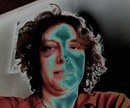 When I was a child the world was full of unusual things, astonishing realities. Just the thought that we were part of a galaxy which was one of millions, a speck of life in a vast expanse of space, made me shiver and sometimes kept me up at night. As a child you are both shocked by reality and take for granted that it's strange. That caterpillars wind themselves up in silk thread, dissolve their own bodies and remake themselves into butterflies. That blood races around inside our bodies. That people organize wars. Or insert parts of their bodies into other people's bodies and this results in new people. My brother and I thought that as we moved through the world, we left energy trails behind us and that at the end of life, it would be like letting go of one end of a stretched rubber band---we'd go flying backwards along the path we'd traveled, only a lot faster--which is why we took care not to tangle our trails around lampposts our other people. We didn't want to get bruised. 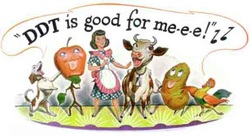 This is the beginning of a major project I'm undertaking, to tell the story of my body, and particularly of my chronic illnesses, in the context of the poisoning of our planet for profit. I was born on a farm in western Puerto Rico in 1954. My parent, blacklisted communists from New York, were unable to find work in the political climate of the 1950s, and bought an abandoned coffee farm, where they started growing vegetables and raising hens. This way, they guaranteed their food supply in spite of McCarthyism. During my mother's pregnancy with me and the first two years of my life, I was exposed to large quantities of the pesticides DDT, dieldrin and lindane, as well as smaller doses of parathion. As it turns out, I also have a genetic variation in my liver enzymes that makes my body very inefficient at breaking down and getting rid of a large range of toxicants, so that what I get exposed to hang around for a long time. |
About Aurora
Aurora Levins Morales is a disabled and chronically ill, community supported writer, historian, artist and activist. It takes a village to keep her blogs coming. To become part of the village it takes, donate here. Never miss a post!
Click below to add this blog to your favorite RSS reader: Archives
September 2017
Categories
All
|
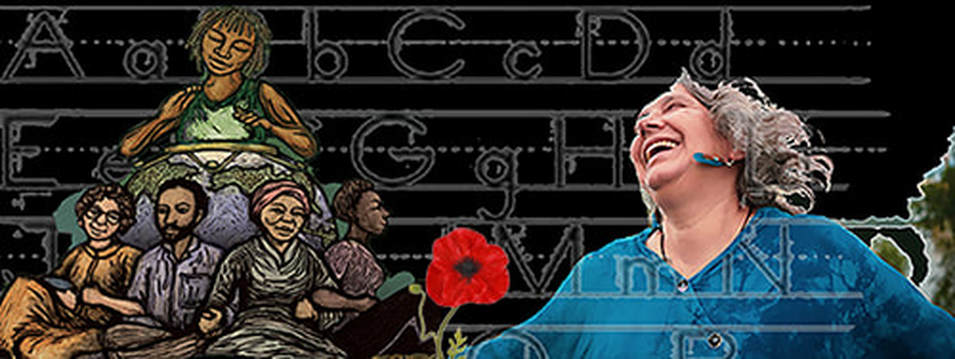
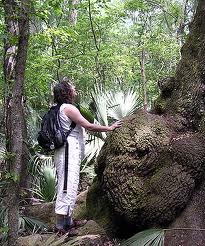
 RSS Feed
RSS Feed
